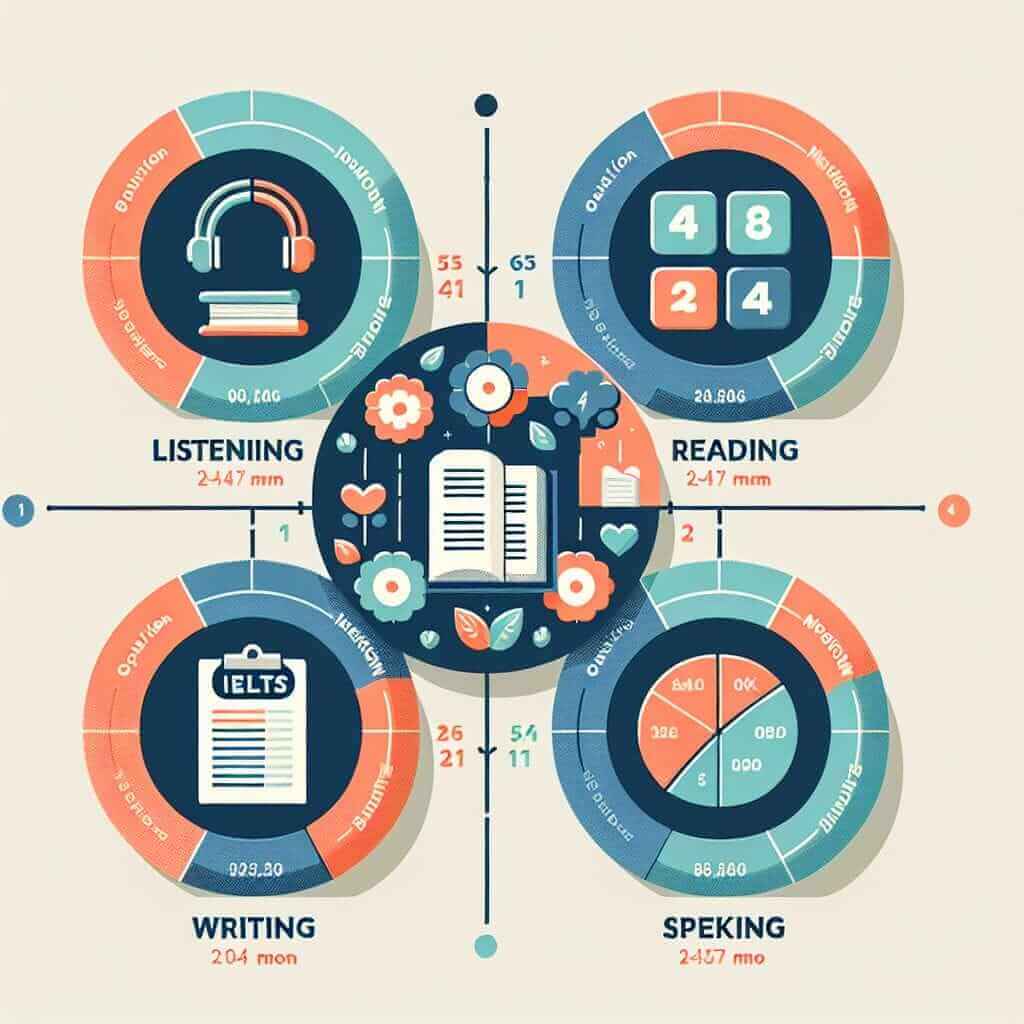As an IELTS instructor with over 20 years of experience, I’ve encountered countless students asking, “What does the IELTS exam do?” It’s a fundamental question because understanding the purpose of this test is crucial for effective preparation. In this comprehensive guide, we’ll delve deep into the IELTS exam, exploring its significance, format, and how it can unlock your academic and professional aspirations.
Unlocking Opportunities: The Purpose of the IELTS Exam
The International English Language Testing System, or IELTS, is designed to assess the English language proficiency of individuals who wish to study or work in an environment where English is the primary language of communication.
Why is IELTS Important?
IELTS is internationally recognized and accepted by over 11,000 organizations worldwide, including universities, colleges, employers, immigration authorities, and professional bodies. Here’s a closer look at its significance:
-
Academic Purposes: A high IELTS score is often a prerequisite for admission to undergraduate and postgraduate programs in English-speaking countries like the UK, USA, Canada, Australia, and New Zealand.
-
Professional Purposes: Many professions, such as healthcare, engineering, and finance, require a certain level of English proficiency. IELTS serves as proof of your language skills, enhancing your employability in a globalized job market.
-
Immigration Purposes: Some countries use IELTS scores as part of their immigration process to assess the English language abilities of applicants.

Demystifying the IELTS Exam: Format and Content
IELTS tests your English language proficiency across four modules: Listening, Reading, Writing, and Speaking.
IELTS Listening:
- Duration: 30 minutes (plus 10 minutes to transfer answers)
- Format: 4 sections, 40 questions
- Content: A variety of audio recordings, including conversations, lectures, and monologues.
IELTS Reading:
- Duration: 60 minutes
- Format: 3 sections, 40 questions
- Content: Three long reading passages from books, journals, magazines, and newspapers.
IELTS Writing:
- Duration: 60 minutes
- Format: 2 tasks (Task 1: 150 words minimum, Task 2: 250 words minimum)
- Content: Task 1 requires you to describe data or a diagram, while Task 2 is an essay based on a given topic.
IELTS Speaking:
- Duration: 11-14 minutes
- Format: 3 parts (Part 1: Introduction and interview, Part 2: Individual long turn, Part 3: Two-way discussion)
- Content: Face-to-face interview with a certified examiner.
Achieving Success: Tips for Your IELTS Journey
Here are some invaluable tips drawn from my years of experience:
- Start Early: Give yourself ample time to prepare, focusing on your weaker areas.
- Practice Regularly: Engage in consistent practice tests and exercises to familiarize yourself with the exam format.
- Expand Your Vocabulary: Enhance your vocabulary range to express yourself fluently and accurately.
- Seek Feedback: Have your writing and speaking evaluated by experienced teachers or tutors to identify areas for improvement.
- Stay Calm and Confident: Approach the exam with a positive mindset and trust in your preparation.
Conclusion
The IELTS exam serves as a gateway to a world of opportunities, opening doors to academic institutions, professional careers, and new horizons. By understanding its purpose, format, and dedicating yourself to focused preparation, you can confidently approach the exam and unlock your full potential. Remember, consistent effort and the right guidance are key to achieving your desired IELTS score. Good luck!